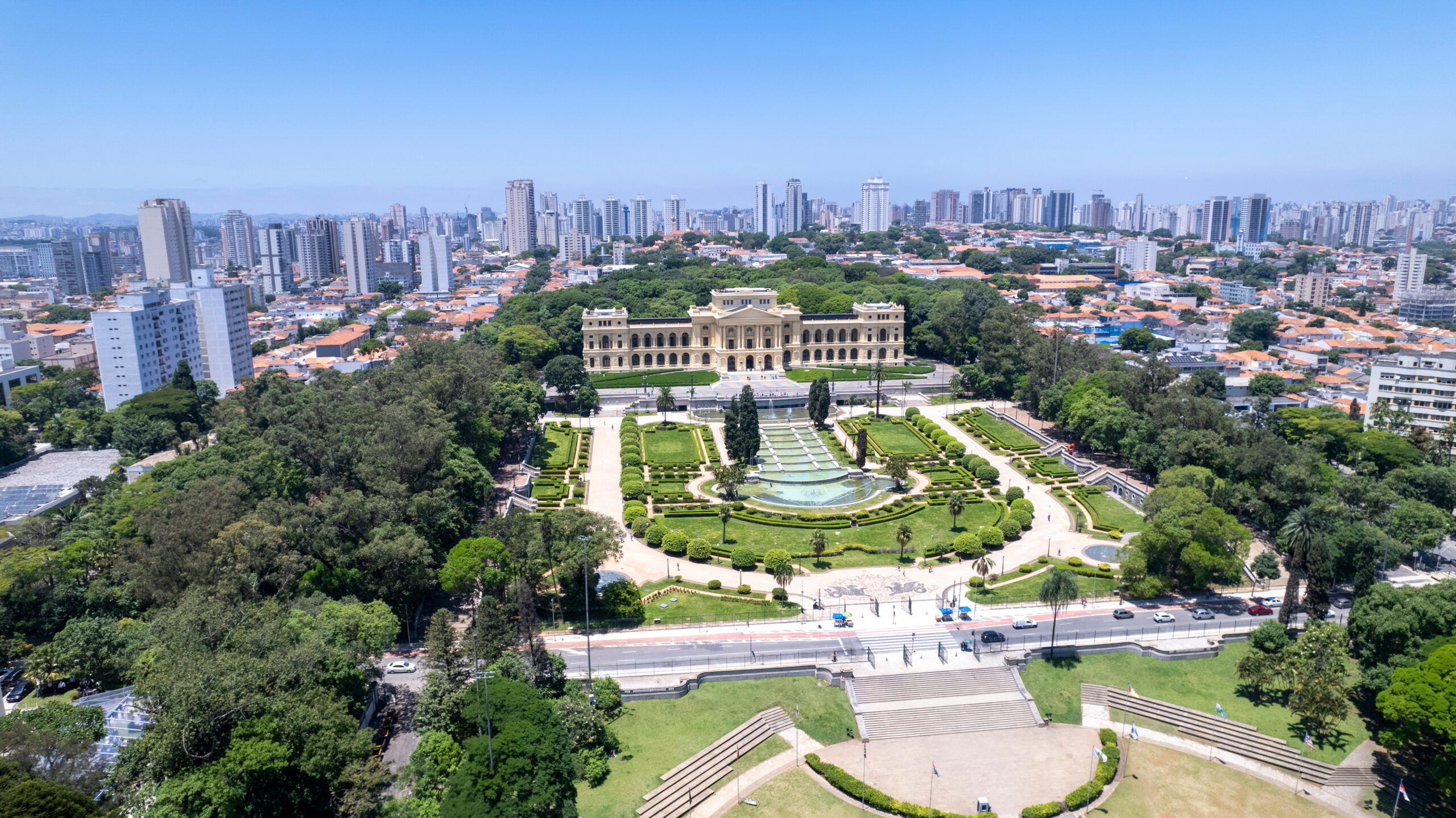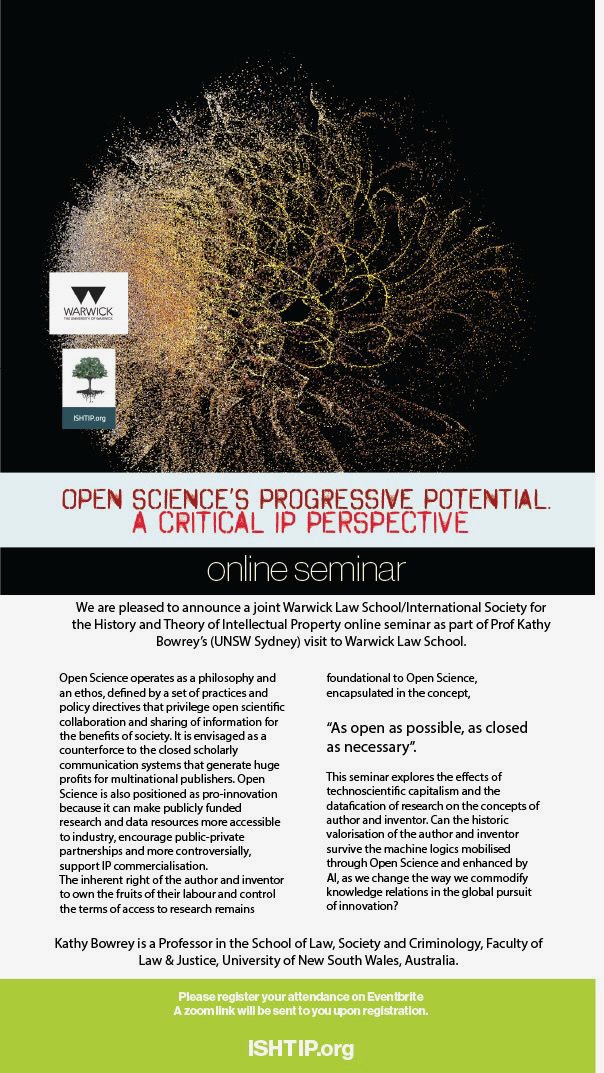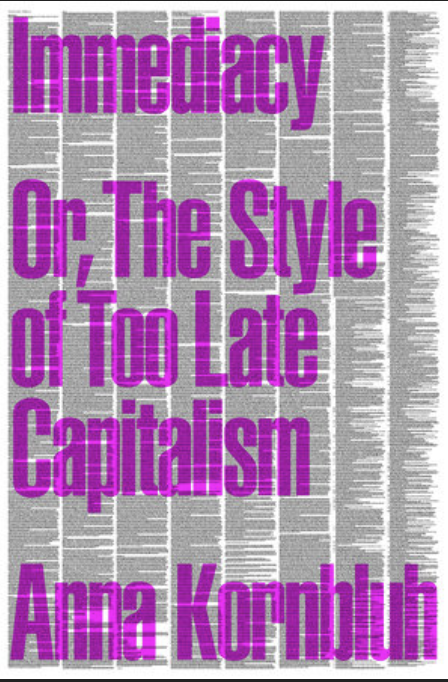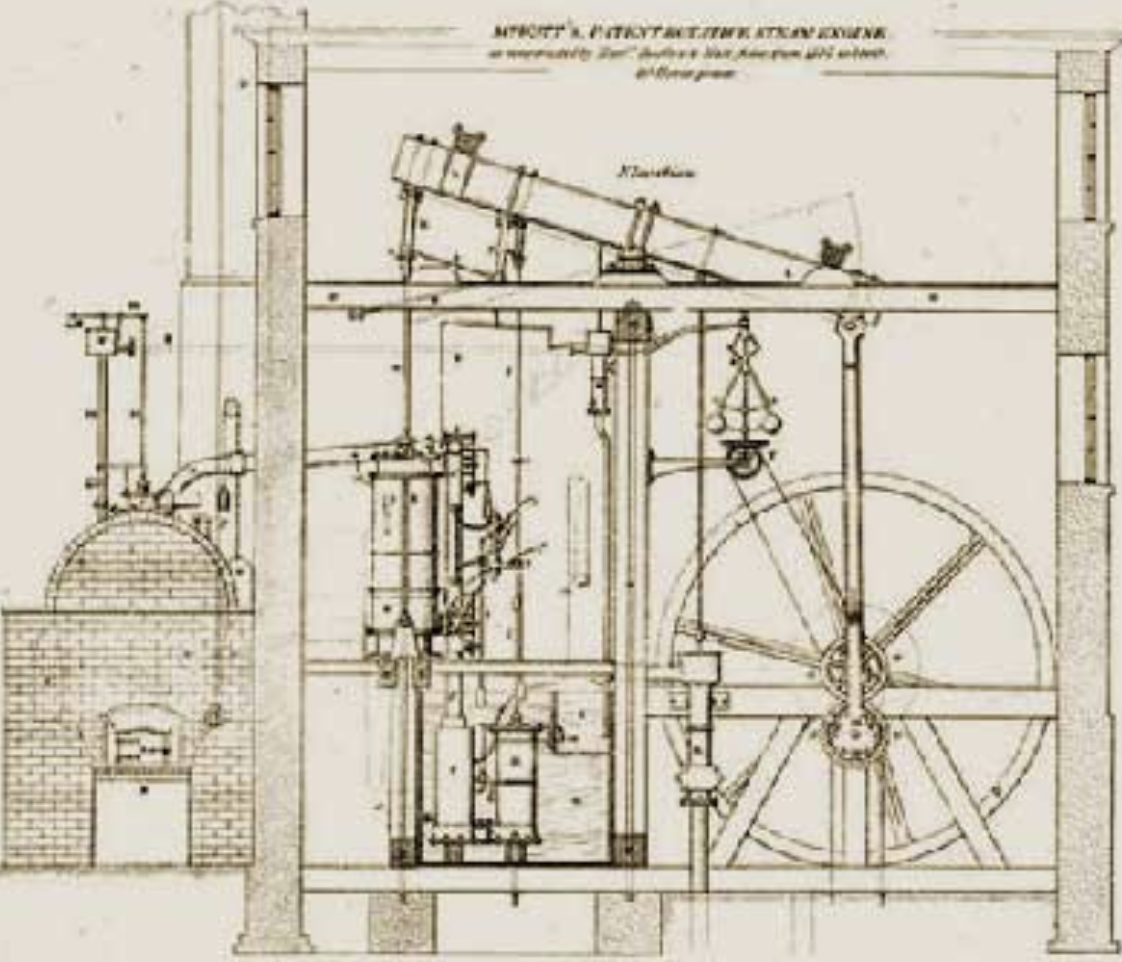Sara Bannerman,
“’We are all developing countries’: Canada and International Copyright History”
Canada’s history with international copyright is a story of conflict: of struggle against British Imperial copyright, conflict with the international copyright system, and eventual engagement with the international copyright community. This paper outlines the path of Canadian international copyright history between 1886 and 1971, arguing that Canada’s international copyright history has been, in part, a product of the norms, institutions and policies of Canadian foreign relations, and that Canada’s history with the Berne Convention can be viewed as the struggle of a British colony to find a place within the international system – a struggle to project an image of Canada that accommodated the desire to be engaged in a community of the most powerful nations while also reflecting the reality of a country that was a net copyright importer with a relatively small creative industry. This paper asks what the role of a middle power like Canada is today, when developing countries and NGOs challenge key international copyright norms, and in the face of attempts to reform the international copyright system. Drawing on the work of Escobar, Shanin, and others who question the discourse and categorizations of development, I argue that international copyright history challenges the traditional geographies and categorizations of the international intellectual property landscape today and the boundaries between “developed” and “developing”, or “north” and “south”.






